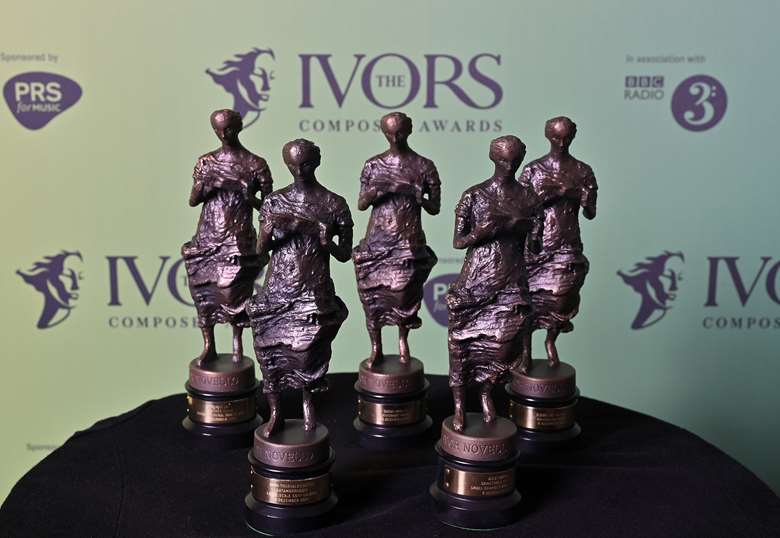The Ivors Composer Awards 2021
Florence Lockheart
Friday, December 10, 2021
Wednesday night's awards provided a sobering look back at the Covid pandemic while celebrating the creativity that persevered throughout the last year


Register now to continue reading
Don’t miss out on our dedicated coverage of the classical music world. Register today to enjoy the following benefits:
- Unlimited access to news pages
- Free weekly email newsletter
- Free access to two subscriber-only articles per month